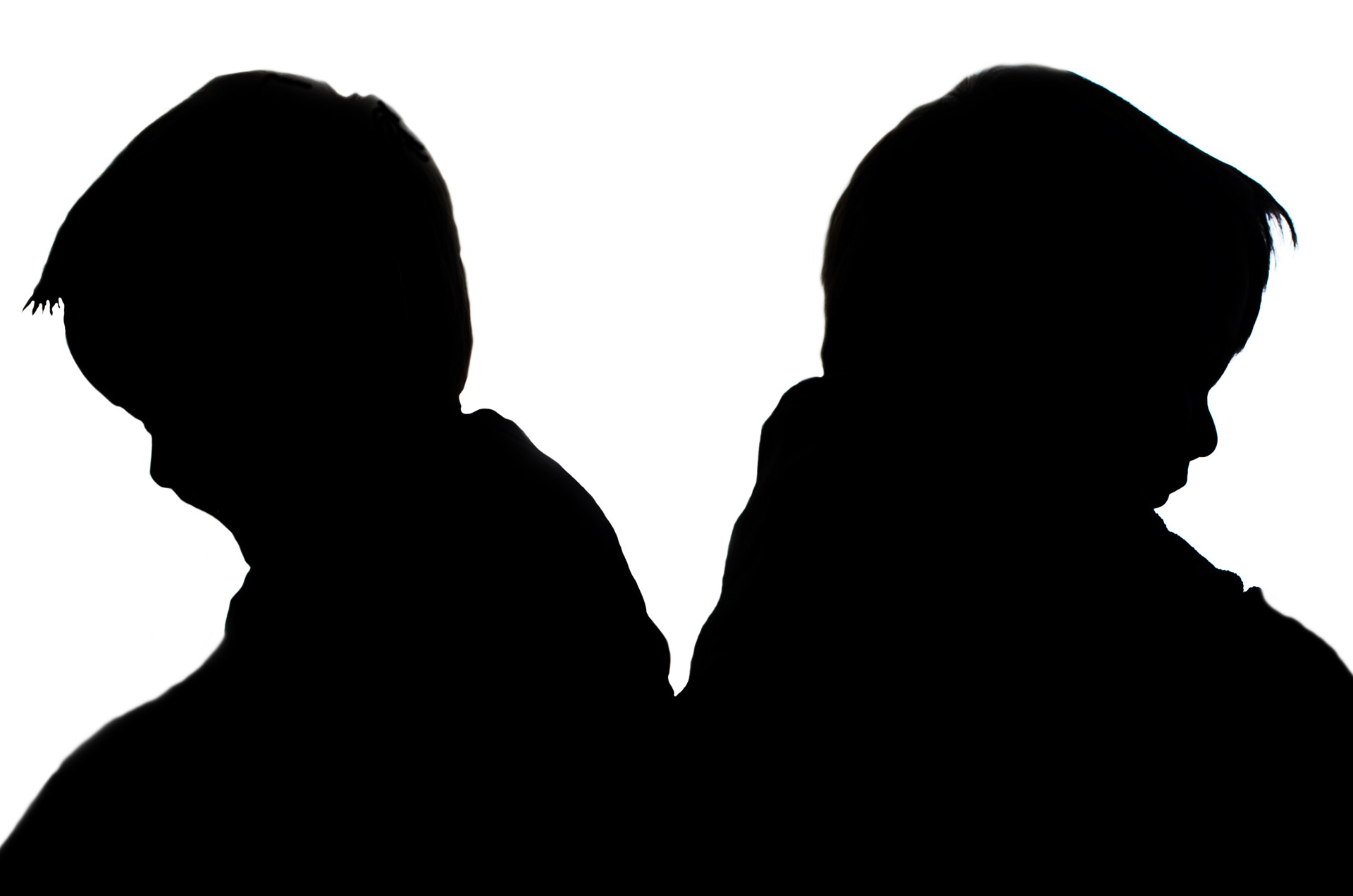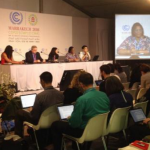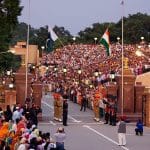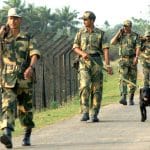- The Act defines a child as any person below 18 years of age.
- To deal with the abuse faced by them, especially sexual abuse, the government of India came out with the Prevention of Children from Sexual Offences (POCSO) Act, 2012.
- It has been drafted to strengthen the legal provisions for the protection of children from sexual abuse and exploitation. It provides protection to all children from the offences of sexual assault, sexual harassment and pornography.
- The sexual abuse of children includes the following:
- Domestic violence against children.
- Raping of a child or doing sexual activities with him/her.
- Showing adult content to minors.
- Touching their private parts intentionally.
- Over exploitation of children.
- The provisions of this Act have been framed and are regulated by the Ministry of Women and Child Development. It is a gender neutral Act.
- An offence is treated as “aggravated” when committed by a person in a position of trust or authority of child such as a member of security forces, police officer, public servant etc.
Provisions of the POCSO Act, 2012
- This Act is monitored and implemented by National Commission for Protection of Child Rights (NCPCR) and State Commission for Protection of Child Rights (SCPCR).
- This Act includes males, females and transgenders as well.
- It gives the formal definition of a child i.e. any person below the age of 18 years.
- The reporting, recording of evidence, investigation and trial of offences should be done in a child friendly manner. The trial of cases should be done in camera.
- Recording the statement of the child at his/her residence or at a place of his/her choice, preferably by a woman police officer not below the rank of sub inspector.
- No child should be detained in the police station in the night for any reason.
- Translators should be provided to them to overcome the language barrier. A special educator or any person familiar with the manner of communication of the child should be provided if the child is disabled.
- The statement of the child should be recorded as spoken by the child.
- During the time of recording the statement of the child, the police officer should be in casual dress to reduce the fear of police in the minds of children.
- Punishment and fine should be flexible according to the crime and also according to the mental health of the child.
- The Act provides for the establishment of Special Courts for trial of offences. Frequent breaks for the child during trial. The trial should be completed within one year.
- Child not to be called repeatedly to testify.
- No aggressive questioning or character assassination of the child.
- Medical examination of the child to be conducted in the presence of the parent of the child or any other person in whom the child has trust and confidence. In case the victim is a girl child, the medical examination shall be conducted by a woman doctor.
- Provision of long and short term rehabilitation through Juvenile Justice Board and Child Welfare Committee.
The Act casts a duty on the Central and the State Governments to spread awareness trough media at regular intervals to make the general public, children as well as their parents and guardians aware of the provisions of this Act.











